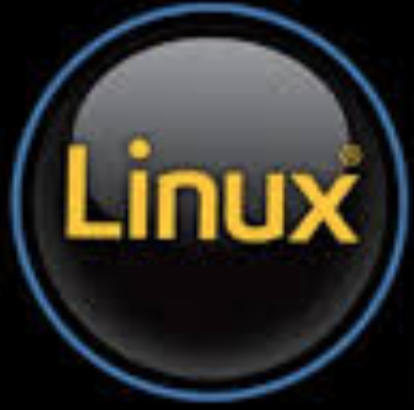Linux Administration

What you'll learn from our extensive hands on training:
- Setting Up the Environment (Installing both Ubuntu and CentOS)
- The Linux Terminal In Depth
- The Linux File System
- Absolute vs. Relative Paths. Walking through the File System (pwd, cd, tree)
- The LS Command In-Depth (ls)
- Understanding File Timestamps: atime, mtime, ctime (stat, touch, date)
- Viewing Files (cat, less, more, tail, head, watch)
- Creating Files and Directories (touch, mkdir)
- Copying, Moving, Renaming, and Deleting Files and Directories (cp, mv, rm, shred)
- Working With Pipes in Linux (|, wc)
- Command Redirection (>, >>, 2> &>, cut, tee)
- Finding Files and Directories (locate, find, which)
- Find and Exec
- Searching for String Patterns (grep, strings)
- Comparing Files (cmp, diff, sha256)
- The VIM Editor In Depth
- Compressing and Archiving Files and Directories (tar, gzip, bzip2)
- Hard and Symbolic Links. The Inode Structure
- User Accounts Management
- Understanding passwd and shadow files
- Understanding Linux Groups (groups, id)
- Creating, Changing, and Removing User Accounts User Accounts (useradd, usermod, userdel)
- Group Management (groupadd, groupdel, groupmod)
- User Account Monitoring (whoami, who am i, who, id, w, uptime, last)
- Linux File Permissions
- Octal (Numeric) Notation of File Permissions
- Changing File Permissions (chmod)
- Changing File Ownership (chown, chgrp)
- Understanding SUID (Set User ID), SGID (Set Group ID), and the Sticky Bit
- Linux Process Management
- Processes and The Linux Security Model
- Listing Processes (ps, pstree, top, htop)
- Signals and Killing Processes (kill, pkill, killall, pidof)
- Foreground and Background Processes
- Job Control (jobs, fg, bg)
- Networking on Linux
- Getting Information and configuring the Network Interfaces (ip, ifconfig, route)
- Setting Up Static IP on Ubuntu (netplan)
- Testing and Troubleshooting Network Connectivity
- Using, Troubleshooting, and Securing SSH (sshd)
- Copying Files Over the Network (scp)
- Synchronizing Files and Directories using rsync
- Using wget
- Checking for Listening Ports (netstat, ss, lsof, telnet, nmap)
- DPKG (Debian and Ubuntu Based Distros) and APT
- Linux System Administration
- Task Automation and Scheduling Using Cron (crontab) and Anacron
- Mounting and Unmounting File Systems (df, mount, umount, fdisk, gparted)
- Working With Device Files (dd)
- Getting System Hardware Information (lwhw, lscpu, lsusb, lspci, dmidecode, hdparm)
- Service Management (systemd and systemctl)
- Bash Shell Scripting
- Security: Information Gathering and Sniffing Traffic
- Security: Netfilter/Iptables Firewall
- Security: SSH PKI & SSH Hardening
- DNS (Domain Name System)
- Linux Performance Monitoring